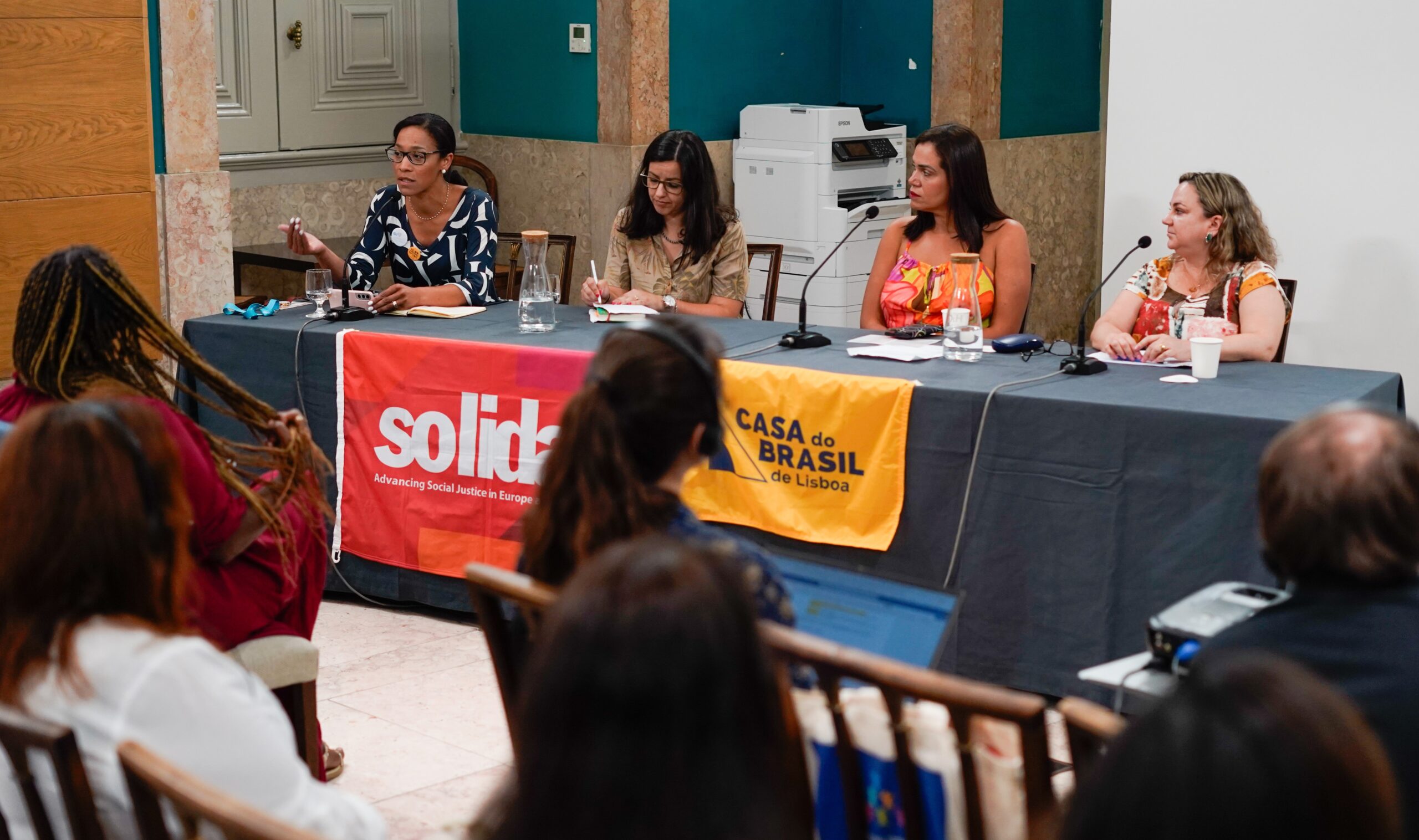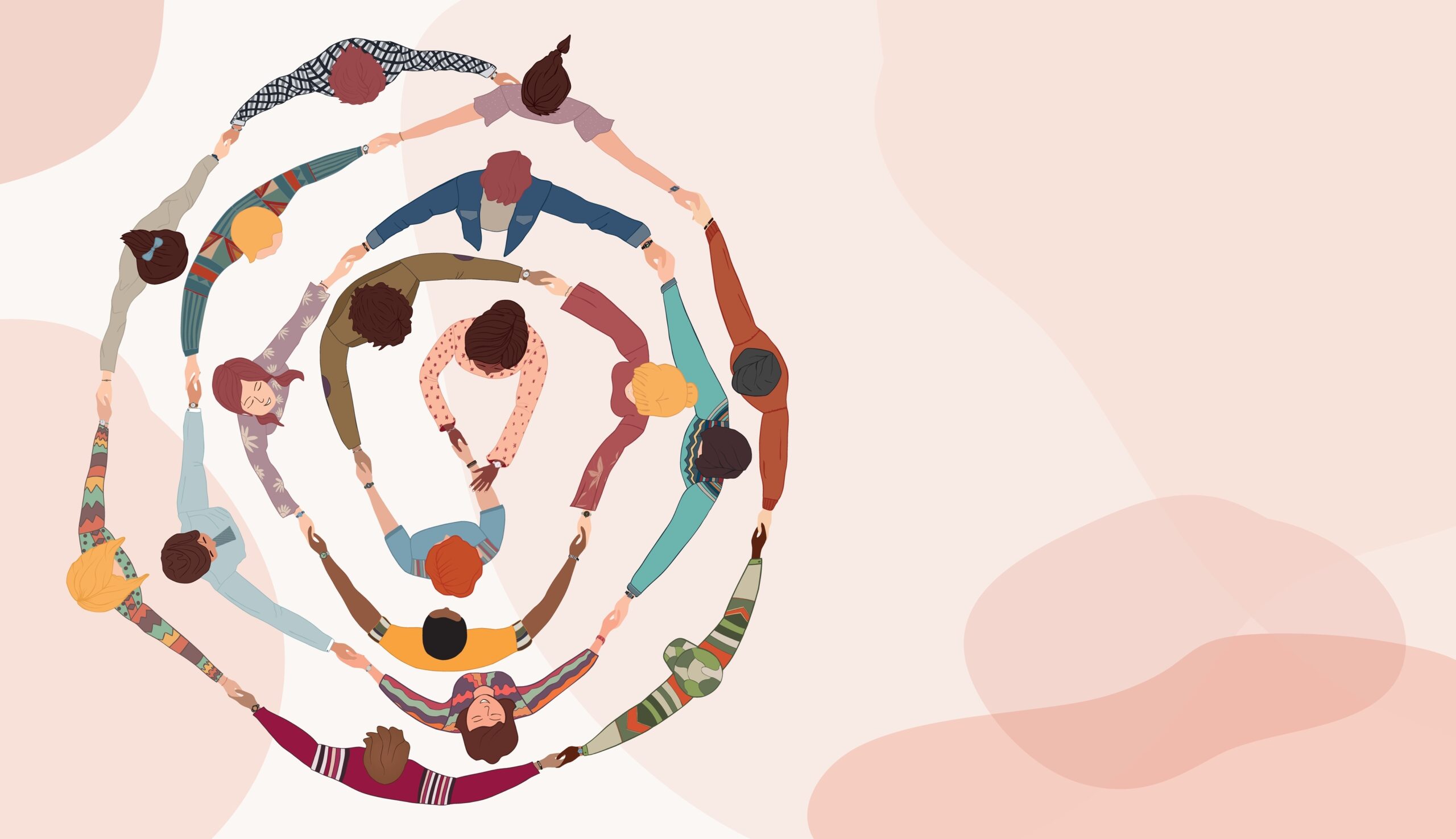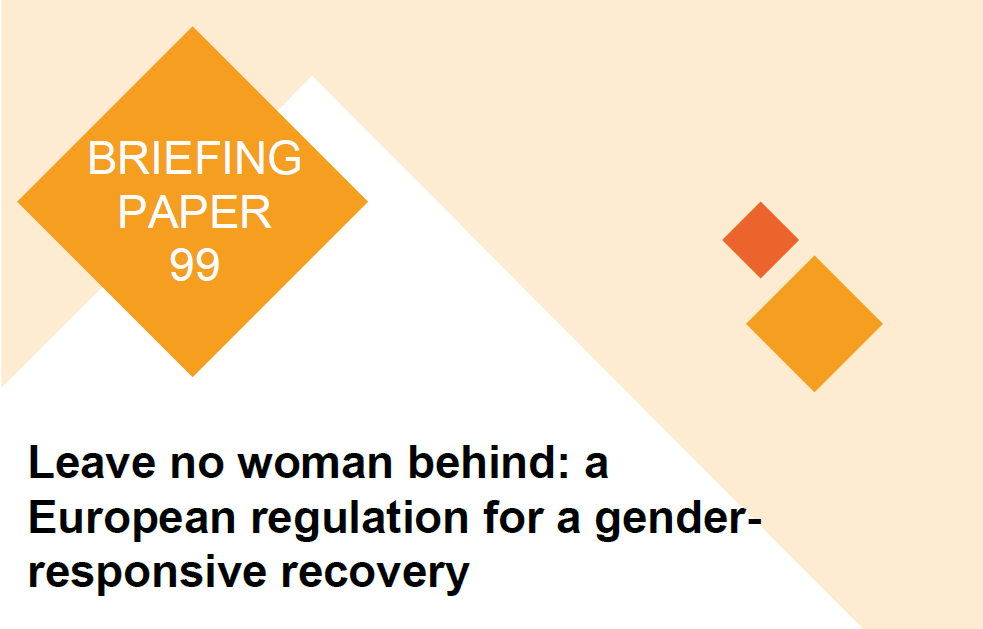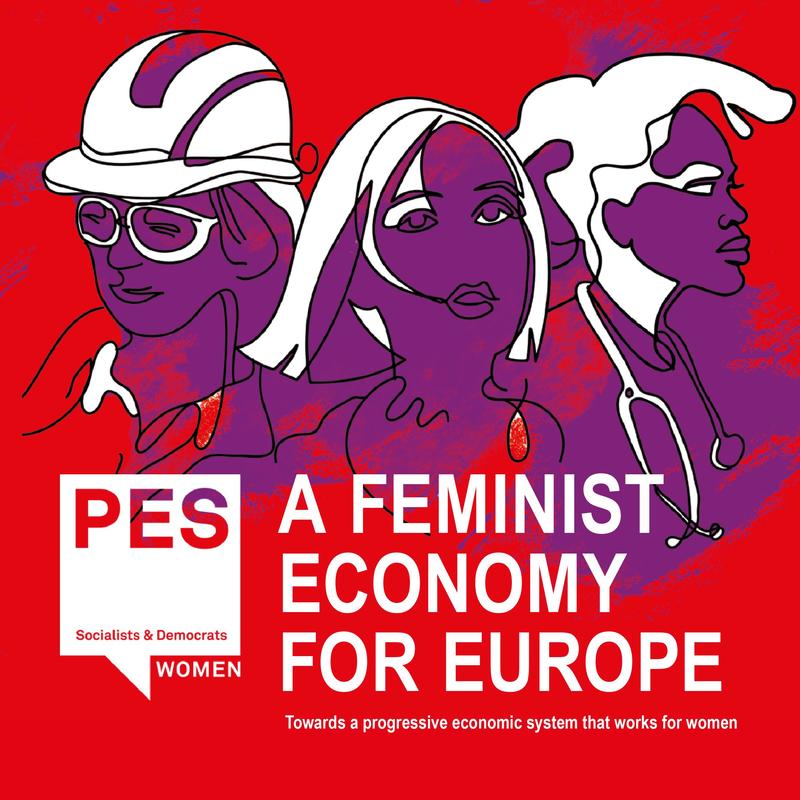Mainstreaming Gender Equality
WHAT IS THE PROBLEM?
Gender equality is still an issue in Europe and worldwide. There exist deeply rooted biases against women and gender minorities, such as the LGBTQIAP+ community, which is evidenced by unequal access to sexual and reproductive rights and health, unequal political participation, economic disparities, gender-based violence, and stereotypical gender norms, for example. Although women and girls represent half of the world’s population, gender inequality persists and hinders social progress.
With only seven years left to reach the goals for the 2030 Agenda of Sustainable Development, we are still far away from reaching Goal 5 of Gender Equality, in Europe too. In 2021, women in the EU earned on average 12.7% less per hour than men. At the same time, women spend more hours per week on care and household work than men, often unpaid. This situation was exacerbated during the COVID-19 pandemic as well as layoffs in sectors with greater female employment, and a greater female incidence in non-standard and precarious forms of employment.
Similarly, gender-based violence, that surged during the pandemic, is still not properly addressed. All these issues hit women from marginalised groups such as migrant women particularly hard, as pointed out by SOLIDAR’s Social Rights Monitor.
Worldwide, women and girls are more likely to be exposed to the devastating effects of climate change, be it poverty or food insecurity. At the same time, they are underrepresented in decision-making roles in general but also when it comes to the green transition. In Europe, for instance, women are significantly underrepresented in EU energy and transport sectors and in high-level places where the necessary steps are being decided.
WHAT NEEDS TO BE DONE?
Reaching gender equality is imperative and key to equal, inclusive, open and fair societies everywhere, since it accelerates human progress and sustainable development.
Women and girls must have a leading role in transitioning to a carbon-neutral world and as such must be included in decision-making processes at all levels.
We must fight gender and minority based violence and discrimination in society and in all aspects of life.
We must fight to close the gender pay gap and increase the participation of women and other marginalised groups in the workplace and in decision-making spaces. Marginalised groups, such as the LGBTQIAP+ community, women with migrant and refugee backgrounds, should be financially supported.
To make gender equality a reality, we must ensure gender mainstreaming through impact assessments in policy making and investment programmes at EU and international levels. Climate and social policies, such as the European Green Deal, should adopt gender-sensitive policies and instruments to ensure equality and equity for all.
We recognise the value of care work and its gendered dimension. We should also increase public investment in early childhood education and care services, and the care sector more broadly, to support the promotion of the work-life balance for all, reduce the overwork that affects women in particular, and improve working conditions in a feminised sector such as care, as in the EU Care Strategy.
WHAT IS SOLIDAR DOING?
Together with its members and partners, SOLIDAR:
- Participates in projects to promote gender equality, such as the SMILE project to address gender inequality in leadership positions in European higher education institutions.
- Adopts a gender and intersectional approach in its work.
- Develops awareness-raising campaigns, policy briefings, and research publications on the positive role of women, the LGBTQIAP+ community, and other marginalised groups in society.







